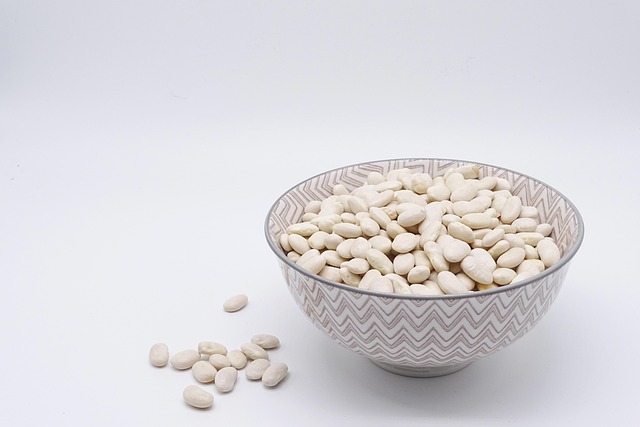The Importance of Protein for a Healthy Lifestyle: How to Avoid Protein Deficiency Through Healthy Nutrition
As we strive for a healthy lifestyle, we often hear about the benefits of various nutrients. Among these, protein stands out as a cornerstone of good health. Yet, many are unaware of just how crucial it is to include adequate protein in our diets, and the concept of protein deficiency can evoke concern for those looking to enhance their well-being.
Protein is not just a building block for muscle; it plays a vital role in numerous bodily functions, including the production of hormones, enzymes, and essential amino acids that our bodies cannot produce on their own. Without sufficient protein, your body can’t function optimally, leading to a range of health issues, including fatigue, weakened immunity, and even hair loss. As such, understanding how to avoid protein deficiency through a healthy diet is essential for maintaining overall health.
Understanding Protein Deficiency
Protein deficiency is more common than one might think, especially among individuals who follow restrictive diets or have busy lifestyles. When we consume fewer proteins than our bodies require, we risk missing out on critical nutrients that fuel our daily activities and maintain our vitality. Signs of protein deficiency can include muscle weakness, swelling, and sluggishness. By prioritizing protein in our meals, we can proactively combat these symptoms before they become an issue.
Incorporating Healthy Nutrition for Adequate Protein Intake
To ensure a balanced diet rich in protein, it’s essential to choose sources that align with a healthy lifestyle. Here are some nutritious options to consider:
- Lean meats: Chicken, turkey, and fish are excellent sources of protein that can easily be included in a variety of dishes.
- Legumes: Beans, lentils, and chickpeas not only provide protein but also are high in fiber, improving digestion and overall health.
- Dairy products: Yogurt, milk, and cheese are great sources of protein, calcium, and other vital nutrients.
- Nuts and seeds: Almonds, walnuts, chia seeds, and flaxseeds are nutrient-dense options that can add protein to snacks and meals.
- Plant-based proteins: Tofu and tempeh are fantastic for vegetarians and vegans looking for high-protein content without animal products.
Moreover, customizing your meal plan to include a variety of these sources can help prevent protein deficiency. Snacks like Greek yogurt with berries, or a handful of mixed nuts, can easily boost your daily protein intake without much effort.
The Role of Lifestyle in Preventing Protein Deficiency
Incorporating healthy nutrition into your daily life goes hand-in-hand with maintaining an active lifestyle. Regular exercise not only enhances muscle growth but also increases your body’s need for protein. By aligning your nutrition with your exercise routines, you can better support your muscles and overall health.
When making dietary choices, it’s imperative to keep the focus on quality. Whole foods that are minimally processed tend to offer higher protein content without unnecessary additives. Creating meals that are colorful, diverse, and rich in nutrients can make it not only exciting but also a practical approach to living a healthier life.
In conclusion, understanding the significance of protein in our diets is key to fostering a healthy lifestyle. By recognizing the signs of protein deficiency and actively working to include diverse sources of protein in our meals, we empower ourselves to live vibrantly and healthily. A well-rounded approach to nutrition will not only reduce health risks but also enhance our quality of life, making every day a chance to thrive.


